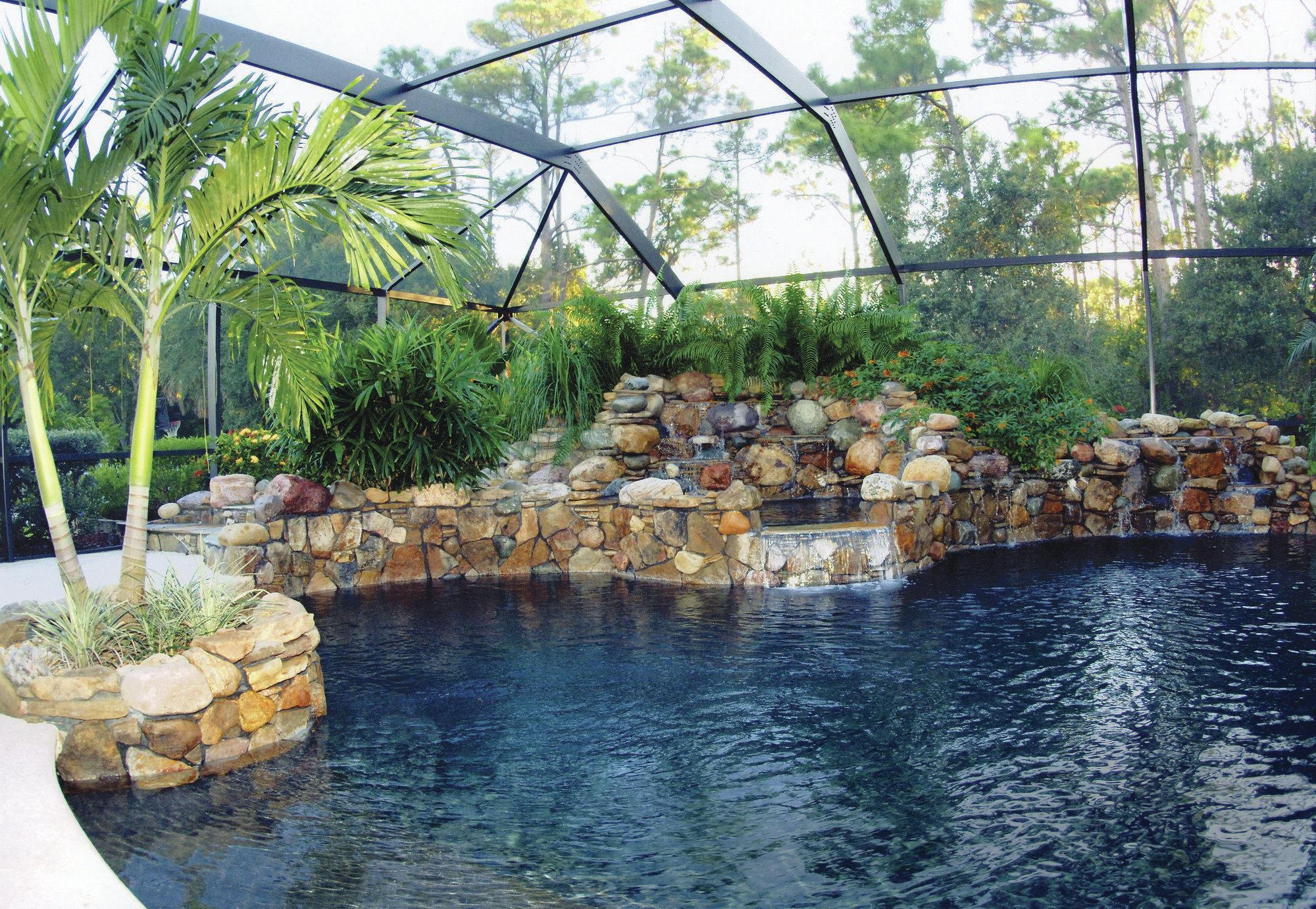Florida associations representing pool and HVAC contractors are clashing over a code that prohibits the latter from installing pool heaters.
The issue, stemming from a 2012 state ruling, is getting more heated as the Florida Refrigeration & Air Conditioning Contractors Association aims to amp up its lobbying efforts.
On one side, the Florida Swimming Pool Association argues that only licensed pool professionals have the training and experience to install the units safely. On the other, FRACCA asserts that it has been doing the job competently for decades without incident.
The state’s Construction Industry Licensing Board ruled in the pool industry’s favor, but the HVAC lobby contends that it was never properly consulted and has been muscled out of a lucrative part of its trade.
Relations between the trades have been icy ever since March 2012. That’s when FSPA submitted a petition to CILB asking to clarify whether or not a Class A or B HVAC contractor is authorized to install heat pumps. The petition noted that a section of the state’s building code clearly states that an A/C technician’s scope of work “does not include … swimming pool piping and filters.”
It was a building code blind spot that allowed the trade to sell and install pool heaters for years unchallenged, until now.
The CILB agreed and issued a declaratory statement that pool plumbing is strictly under the licensed pool contractor’s purview. (HVAC contractors, however, could continue repairing and servicing them.)
FRACCA accuses the pool industry of exploiting the law to its advantage.
“The intent of this particular language was not meant to say that you couldn’t connect and disconnect [to the pool piping],” said Cheryl Harris, FRACCA’s executive director.
The pool lobby counters that installing packaged heating units entails modifying the plumbing, calculating flow rates and programming a variable-speed pump, as needed — tasks better handled by a qualified pool pro.
“Pool contractors go through extensive training on hydraulics, water flow rates and safety requirements, and A/C contractors don’t. That’s the short of it,” said Jennifer Hatfield, FSPA’s government relations consultant.
HVAC pros feel that the pool lobby pulled the rug out from under them. The heat pump is a product of their industry and they’ve been attaching them to pool systems well before Florida’s license requirements were a reality.
The HVAC industry asks: Why is this suddenly an issue?
Heat pumps accounted for 20 percent of Edward Sharkey’s business. In the hopes of regaining profits lost, the owner of Sharkey’s Air Inc. in Port Charlotte applied for a pool contractor’s license and even passed the exam, but was denied because he didn’t have the requisite four years’ experience as an apprentice. Sharkey doesn’t have any animosity toward the pool trade. As a subcontractor, he has good working relationships with local pool service providers. But he’s lawyered up.
“We’re going to fight this tooth and nail,” Sharkey said.
Here’s where it gets really tense between the trades: FRACCA alleges that this whole situation was instigated to boost one company’s bottom line.
Hatfield filed the 2012 petition on behalf of Jeff Tawney, vice president of AquaCal AutoPilot, a Florida-based heat pump manufacturer. Though AquaCal products sell nationwide, it deals exclusively to the pool trade in Florida.
FRACCA accuses Tawney of manipulating the market in AquaCal’s favor.
“This is one-person driven,” Harris said. “In 30 years, nobody has questioned this.”
As Tawney explains it, his motivations were only to clarify a law that directly impacts the way AquaCal does business. The St. Petersburg company is unique in that it is the only heat pump manufacturer with a field service department. It has more than 20 licensed HVAC contractors on staff to service the equipment it sells under warranty.
The question came up: Could they legally install heaters? So Tawney, a Class B air conditioning contractor himself, took it to the state Department of Business and Professional Regulation.
If, somehow, FRACCA managed to get legislation passed that cleared the way for its trade members to install the equipment, “You wouldn’t hear me complain,” he added.
The two associations plan on meeting sometime in the near future to try to hammer out some sort of agreement, though neither side can say what that might look like.




